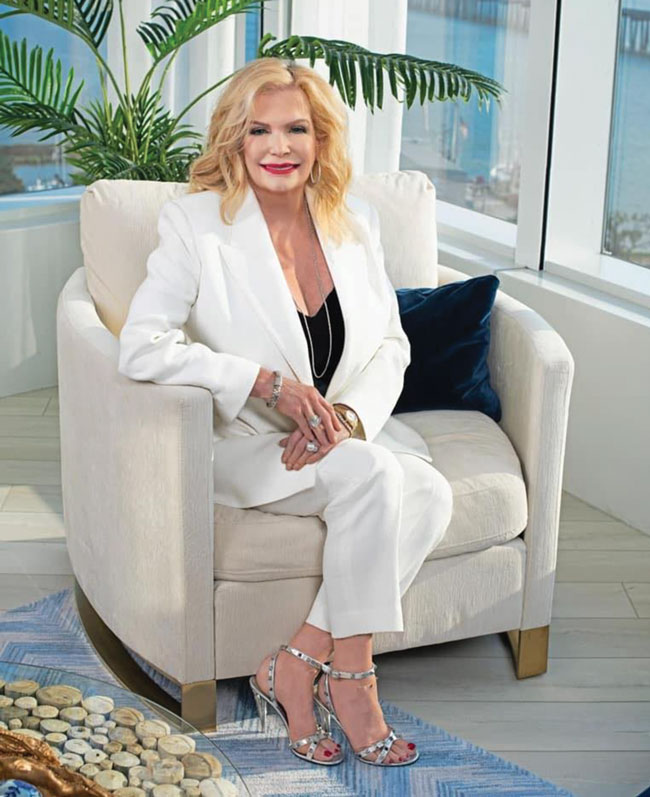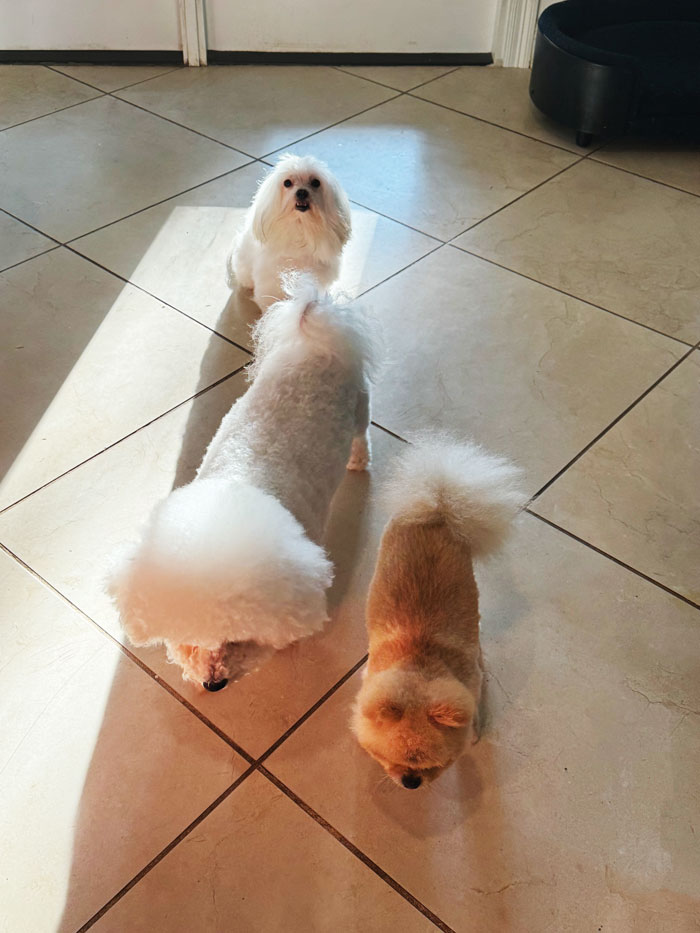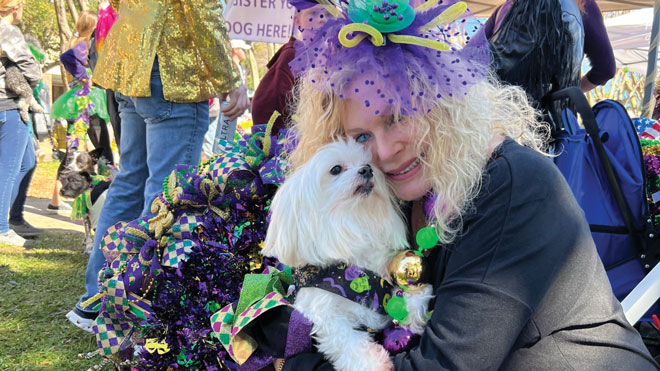MY HEALTH CHALLENGE
In September 2014, while at work in a casino in Atlantic City, New Jersey, as the regional vice president of VIP marketing, I had a massive heart attack (widow maker). I had no warning and walked into work feeling great.
By 10 a.m., I sat down at my desk and experienced blinding chest pain. I was drenched in sweat, which poured down my face. The pain was so severe that I fell from my chair to the floor and crawled into a co-worker’s office. I could not stand up. According to the emergency-room doctors, and later my cardiologist, my co-worker’s quick thinking saved my life.
While I had no family history of heart disease, I had high blood pressure and was given various medications to reduce it. I spent nine days in cardiac intensive care. Doctors inserted two stents, and one month later, they implanted a Boston Scientific pacemaker/defibrillator. I needed the defibrillator due to a very low ejection fraction, as my left ventricle sustained significant damage due to the type of heart attack I had, coupled with medication failure after the initial stents were inserted.
On the evening of the heart attack, I could not breathe, and I told the intensive-care nurse that something was wrong and that I was dying. I went into surgery after numerous attempts to insert a tube to provide direct medication. When I awoke, I was in cardiac intensive care with a nurse monitoring my vitals 24 hours a day for the next three days.

MY APPROACH
I was forced to take a hard look at my lifestyle and stress levels. At that time, I was told I needed to go out on permanent disability, possibly for the remainder of my life. I knew this was not an option, yet I knew some things had to change, including the possibility of a career change to manage my stress.
The best part: I got through it. I did not change careers, but I did change my environment. Getting a new job and living in a new place was truly a new lease on life for me.
MY TREATMENT
I am on heart medications, plus cholesterol injections twice per month, and I have congestive heart failure and chronic obstructive pulmonary disease (COPD). I am fortunate to have an outstanding cardiologist, Dr. Paul Mullen, and outstanding pulmonologist, Dr. Sommer Allen. Interestingly, I beat the odds and have had no issues since the heart attack and additional diagnoses.
THE HARDEST AND MOST REWARDING PARTS
I think the hardest part was the initial shock and asking, “Why me?” Certainly, the fear of another heart attack was the hardest to overcome. Next came the depression, which I learned later is common after a heart attack. I was fortunate to have close friends who noticed the signs of my depression and quickly make sure my doctors were aware.
The most rewarding part is the awareness I can share about the differences between males and females as it relates to heart attack symptoms and the emotional journey one will go through.
WHAT LIFE IS LIKE NOW
I have had no incidents since the initial heart attack and am thankful to be off blood thinners. My life surprisingly went back to normal. While I have very high cholesterol, medication and diet are yielding improved results.
HOW THIS EXPERIENCE CHANGED ME
I now take time to enjoy life. I vacation, rest and relax without guilt. I also found comfort in three new family members: Bella, Bentley and Burberry. Nothing makes you feel better and gives you a purpose like furry little friends. By the way, it was my doctor who suggested getting a dog. The first one, Bella, made me feel comforted, and the second and third made me feel great. A feeling of comfort and security came over me quickly, as my focus was now on my new little family.

MY ADVICE TO OTHERS
First and foremost, no one knows your body better than you. Seek medical advice, and do not ignore symptoms. There are experts in specific fields of medicine, and it is not a one-size-fits-all field. Do not fear changing doctors if you are not comfortable. Take the time to select a good doctor who specializes in your specific health challenges.
Do not shy away from sharing your concerns and feelings with others, most importantly your doctor. Depression and fear are normal; seek help if you need it.


